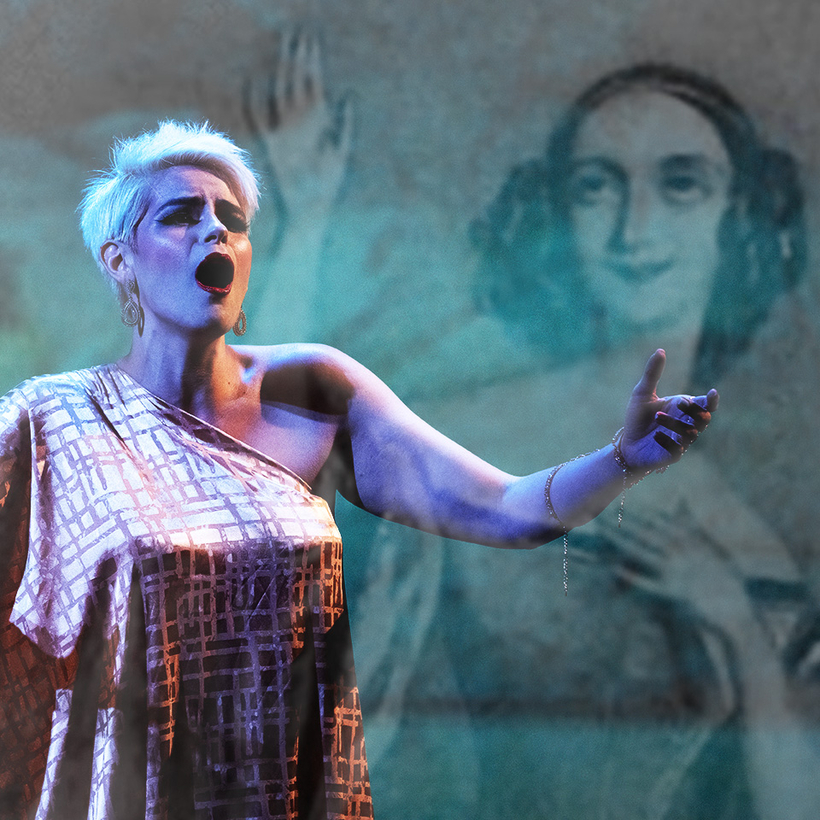Growing up, Carolina Uccelli knew as well as anyone that composing for the theater was no occupation for an aristocrat, let alone a member of the female sex. Yet at the age of 20, presumably with the backing of her husband, she mounted Saul, her first opera. The score, unfortunately, is lost, but not the testimonial from Gioachino Rossini, who attended the triumphant premiere.
Five years later, by then a widow, Uccelli struck again in cosmopolitan Naples with Anna di Resburgo, a Scottish-themed saga of treachery, bloodshed, and long-deferred justice. Too bad for Uccelli that Gaetano Donizetti had come out with the erotically charged romance Lucia di Lammermoor in the same city that same season—likewise Scottish-themed, likewise starring Fanny Tacchinardi Persiani, a diva very much on the rise. In Uccelli’s novelty, what drives the action is a mother’s sacred love for the infant son she and her exiled husband dare not acknowledge—gripping but not as sexy by a long shot. No flop but no hit, Anna di Resburgo chalked up a respectable half-dozen performances. Young as Uccelli was, this sophomore effort proved her operatic swan song.


